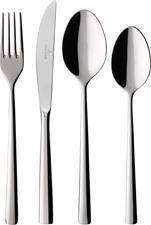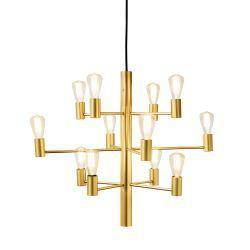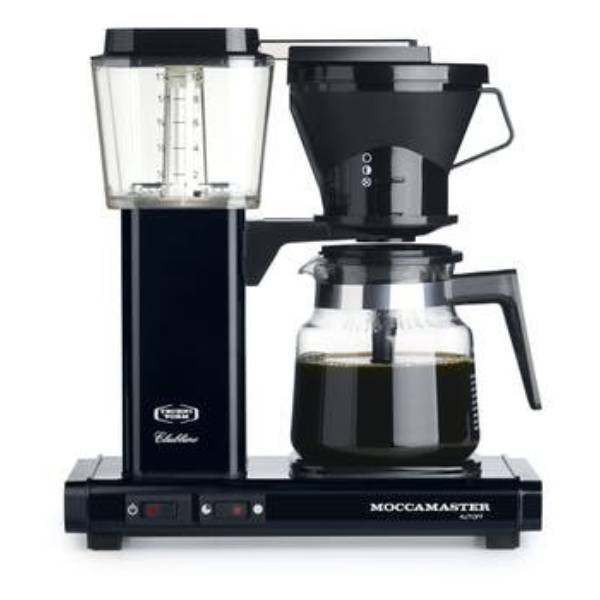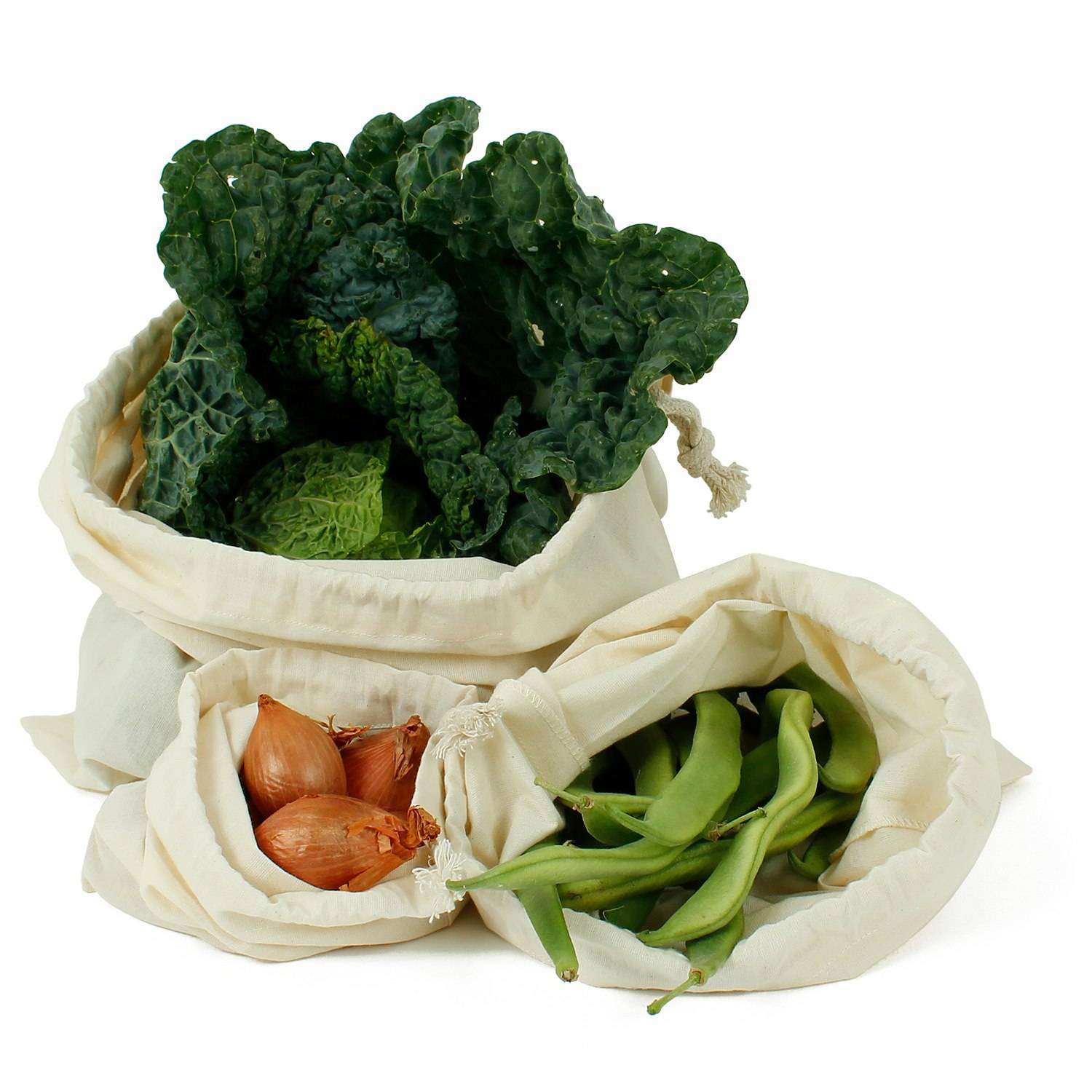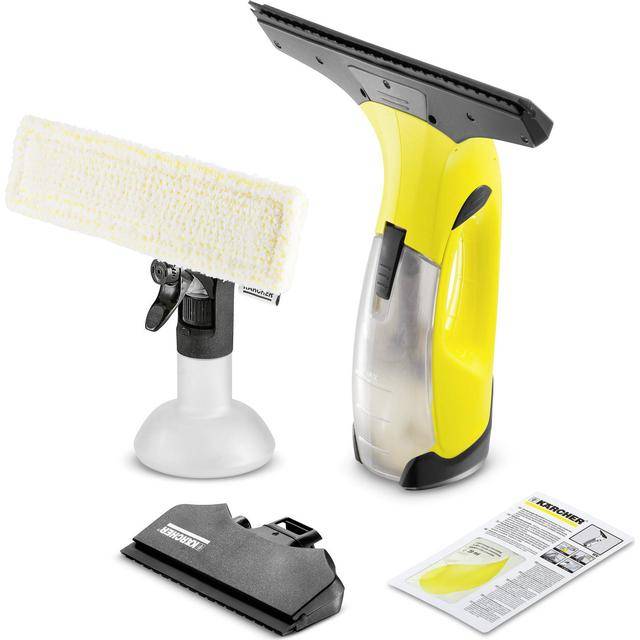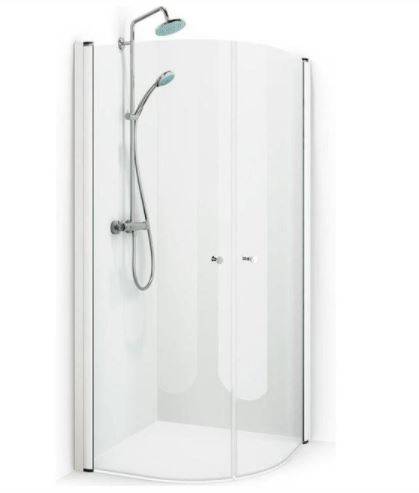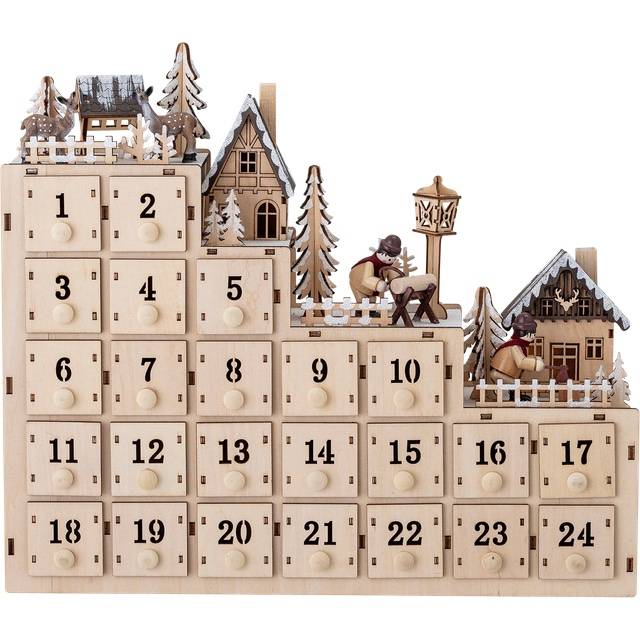Blenders
Blowtorches
Breadmakers
Coffee Grinders
Coffee Makers
Deep fryers & Airfryers
Food Cookers
Food Dehydrators
Food Mixers & Food Processors
Hand Blenders
Hand Mixers
Ice Cream Makers
Ice Makers
Juicers
Kettles
Kitchen Scales
Meat Slicers
Mincers
Mini Choppers & Spiralisers
Other Kitchen Appliances
Pasta Makers
Popcorn Makers
Sandwich Toasters
Soft Drink Makers
Toasters
Vacuum Sealers
Waffle Makers
Insulation
Searching for the right insulation to keep your home cosy? PriceRunner guides you to find the best options for your needs. With our wide-ranging listings, you can explore various types from top brands and retailers. Whether you're looking for something for your loft, walls, or floors, our category filters help you narrow down your choices based on material, R-value, and price range. Compare products side-by-side to see which ones meet your specific requirements and budget. Our user reviews offer insights into product performance and reliability, helping you make the right decision with ease. Insulation is key to energy efficiency and comfort, so finding the right fit is essential. Ready to enhance your home's comfort and save on energy bills? Begin here to explore the best solutions tailored to your needs.
Try flexible payments withLearn how
89 products

ProWarm TileBacker Pro Insulation Board 10mm 120 x 60 x 1cm

STS XPS Insulation Tile Backing Board 1200 x 600 x 10mm Dark Grey

Knauf Loft Roll 44 Combi Cut 200mm 1140 x 6.00m 6.84m2

Hybris 3006007

Knauf DriTherm Cavity Slab 37
Insulation: 3 things to consider before buying
When selecting insulation, R-value is a crucial factor. It measures how well insulation resists heat flow, so the higher the R-value, the better it insulates. Consider your climate and where you'll install the insulation. For example, lofts in colder regions may require insulation with a higher R-value compared to walls in milder climates. We recommend checking local building codes or consulting a professional to determine the appropriate R-value for your project.
Insulation comes in various materials, including fibreglass, foam board, and cellulose. Each has its pros and cons. Fibreglass is popular due to its affordability and ease of installation but can irritate skin and lungs if not handled properly. Foam board provides excellent thermal resistance but may be more expensive. Cellulose, made from recycled paper, is eco-friendly and offers good soundproofing but may settle over time. Consider factors like budget, environmental impact, and specific needs when choosing the material.
Moisture can significantly affect insulation's performance and longevity. When buying insulation for areas prone to dampness or humidity, such as basements or bathrooms, look for products specifically designed to resist moisture. Closed-cell spray foam is an excellent option as it acts as a moisture barrier while providing high thermal resistance. Alternatively, ensure proper ventilation and vapour barriers are in place to protect other types of insulation from moisture damage.
FAQ
Insulation is a material used to reduce heat loss or gain. It helps maintain a comfortable temperature in your home, improving energy efficiency and reducing utility bills. Choosing the right insulation depends on factors like climate, budget, and the area of application.
Insulation materials are selected based on thermal resistance, moisture resistance, and fire safety. Consider the R-value, which measures thermal resistance. Higher R-values offer better insulation. Also, assess the material's compatibility with your building structure and environmental impact.
Insulation types include fiberglass, foam board, and cellulose. Fiberglass is cost-effective and easy to install. Foam board provides excellent thermal resistance for walls and roofs. Cellulose, made from recycled paper, offers an eco-friendly option but may require professional installation.
Loft insulation is crucial for preventing heat loss through the roof. It can significantly reduce heating costs by keeping warm air inside during winter and cool air in summer. Proper loft insulation also enhances overall home comfort and reduces environmental impact.
Wall insulation thickness varies depending on the material and climate zone. In general, aim for at least 270mm for lofts in cold climates and 100mm for cavity walls. Always check local building regulations to ensure compliance with minimum requirements.
You’ve viewed 47 out of 89 products
1
2Advertisement
Keep cosy: Find the right insulation for your space
Insulation is key to making your home warm and energy-efficient. It keeps the heat in during winter and out in summer. Here, we explore different types to help you make the right choice for your needs.
Types of materials
There are several materials to consider, each with unique benefits. Let's look at some popular options.
Glass wool insulation
Glass wool is made from recycled glass. It's lightweight and easy to handle. This type is known for its excellent thermal and acoustic properties. It's often used in walls and roofs for its soundproofing qualities. Glass wool is also fire-resistant, which adds an extra layer of safety to your home.
Stone wool insulation
Another great option is stone wool. Made from volcanic rock, it offers superb fire resistance and soundproofing. Stone wool is durable and moisture resistant, making it ideal for areas prone to dampness. It also maintains its shape over time, ensuring long-lasting performance.
Where to install insulation
Choosing where to install is crucial for maximising its benefits. Here are some common areas to consider.
Walls
Insulating your walls can significantly reduce heat loss. Both internal and external wall insulation have their advantages. Internal is less disruptive and cheaper, while external offers better thermal performance. It's essential to choose the right type for your wall construction to achieve the best results.
Floor
Floor insulation is often overlooked but can make a big difference. It helps prevent heat loss through the ground and keeps your feet warm. There are various options, including rigid foam boards and screed. Choose according to your floor type and personal preferences.
Insulation performance ratings
Understanding performance ratings can help you select the best choice. Here's what to look for:
- Thermal conductivity (lambda value): Lower value is better.
- R-value: Indicates thermal resistance. Higher R-values is better.
- Fire rating: Look for materials with an A1 rating for non-combustibility.
Benefits of proper insulation
Proper padding offers numerous benefits. It reduces energy bills by keeping your home warm in winter and cool in summer. It also improves comfort by maintaining a consistent temperature. Additionally, it can enhance soundproofing, making your home quieter.
Make the right choice
Selecting the right product depends on your needs, budget, and property type. Whether you're considering glass wool or stone wool, we have all offers to suit your requirements. Use PriceRunner to compare prices and find the best deal for your needs today.
Shop smarter with PriceRunner
Find the best option with the help of our handy tools. Compare prices, apply smart filters, read user reviews, and explore price history—all in one place.
Filter and sort
Searching for something particular? Filter by everything from price and brand to material or colour to see only the products relevant to you. Since delivery options and shipping costs can vary between shops, you can easily find your perfect match by filtering based on these criteria as well.
Reviews: See what other users think
Reviews from other users can provide valuable insights into the product's features and durability. Product ratings help you quickly assess popularity and customer satisfaction.
Price history: Find real deals
To ensure that you've found a good deal, you can view the product's price history. Select a time period and whether you wish to include international prices. Price history for the past three months is shown by default, but you can also look into a longer time period. If you want to determine if a deal from a specific shop is as good as it seems you can click on "Choose store" above the price graph to show an individual shop's pricing history.
Popular searches in Insulation
- Knauf loft
- Superfoil
- Rockwool 100mm insulation
- Rockwool sound insulation
- Loft roof insulation
- Shed insulation kit
- Rockwool Insulation
- Glass Wool Insulation
- Stone Wool Insulation
- Insulation Board For Groundwork
- Insulation Board for Drainage
- Walls Glass Wool Insulation
- SuperFOIL Insulation
- Cheap Stone Wool Insulation
- Cheap Insulation Board For Groundwork
